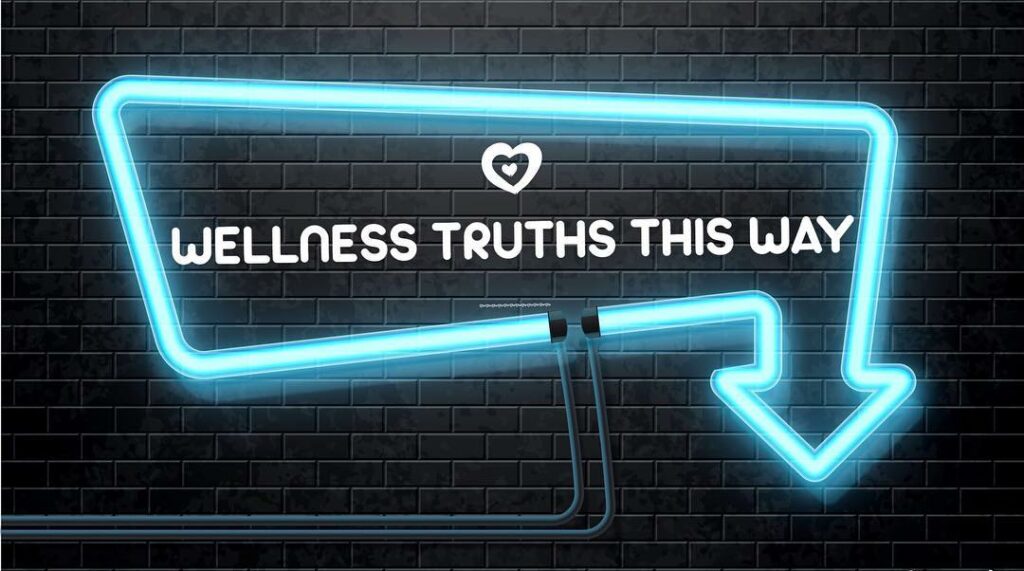What is wellness? Is it an overused word meant to sell the science of perfection? Is it an elitist premise that promises thinness and acceptance? Maybe it’s just the latest buzzword that has us all hash-tagging like crazy for social rapport.
Buzz as you will, true wellness is none of these. I was prompted to consider the worth of this word by a recent Op-Ed in The NY Times. The author bashes wellness and almost demonizes the concept through the lens of her own disordered experiences. As a coach and health advocate, I felt charged with the defense of wellness, a tenet grounded in sustainability and not hasty restrictions.
Indeed, all intentions are not equal. This is where industry and idea should be parsed. Look closely, and you will find manipulative subsets anywhere. Wellness is no different. Misrepresentation requires us to remain vigilant, informed consumers. Some companies and individuals exploit the public’s unconscious or conscious desire for belonging. Others engage in misleading advertising to promote quick fixes, products, and services. Wellness, in these contexts, is distorted to a degree likened to slander.

Now that we’ve sifted out some impurities. Let’s serve up the truth.
Wellness is a mentor. It calls us to prioritize our mental, physical, and/or spiritual health. It asks us to be introspective and consider our happiness and overall wellbeing. When exceptional circumstances include diagnoses, wellness works in concert with the advice of medical professionals. It recognizes what works and challenges what doesn’t. “Be well” doesn’t imply restrictions, unless, of course, you require them. It puts you in the driver’s seat but suggests you sometimes opt for the road less traveled. Wellness is inclusive. At its core, it is free of judgment and dictatorial precepts.
How does this look in real life?
Wellness can be pushing your limits in athletic pursuits or increasing daily activity from a sedentary lifestyle. It is a person taking a walk on their lunch break and maybe even inviting a colleague to join. It’s a thoughtful shopper that chooses ice-cream, because, with a little self-control, it doesn’t have to be off-limits. It is the parent who knows it will be faster to hit up that drive-thru, but heads home to cook dinner instead. It’s feeling burdened by depression and searching for solutions instead of accepting defeat. It is seeking higher purpose through empowering others instead of remaining in a self-absorbed vacuum. In essence, wellness is education and applied knowledge.

What are your goals? More importantly, what is your “why?” Your goals should be personal and purposeful, not be tinted with a tone of “Because I said so.” This requires honesty, trust, and humility. Still unsure? Try working with a coach who will guide you through the process and teach you how to determine realistic options that build momentum. It can be intimidating at first, but, with practice, you will confidently draft and reach pertinent benchmarks.
Wellness bids you write goals without fear of revision. Just be sure to advocate for YOUR priorities, an effort that makes you a fortuitous author of happy endings because…
Being well looks different on everyone, but it’s always stunning. That is what makes wellness wonderful.

